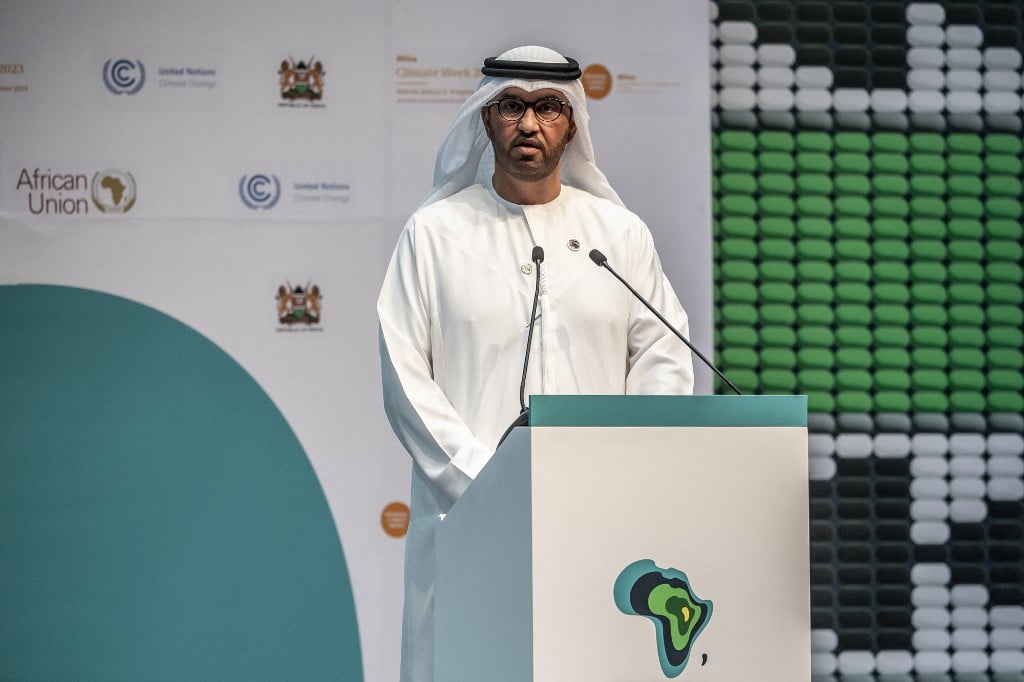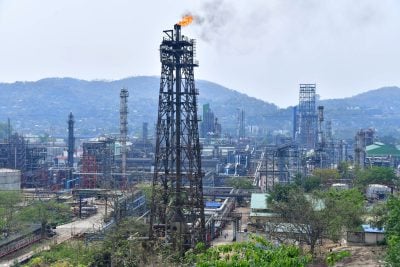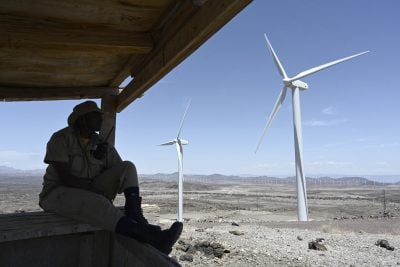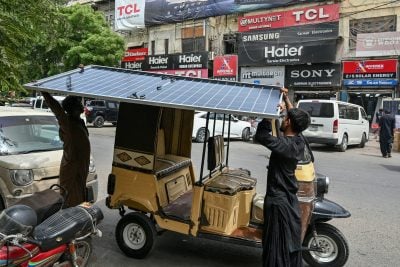In September, the theme of the UN General Assembly was “the urgent need to put the 17 Sustainable Development Goals (SDGs) back on track”.
The SDGs, you will recall, were adopted by the UN in 2015 as a “universal call to action to end poverty, protect the planet, and ensure that by 2030 all people enjoy peace and prosperity.”
But at the half-way point this year, the UN’s Sustainable Development Report 2023 says that all of the SDGs are seriously off track. From 2015 to 2019, the world made some progress on the SDGs but since the outbreak of the pandemic in 2020 and other crises, “SDG progress has stalled globally.”
This backward step has affected the developing world, particularly sub-Saharan Africa. On the report’s ranking for achievement, with 100 as the highest, European nations such as Finland, Sweden, Denmark, etc all achieved scores of over 80.
In contrast, Cape Verde achieved the highest African ranking, at number 89 with a score of 68.8. South Sudan, at position 166 with a score of 39, was the lowest not only on the continent, but overall. The issue is compounded by the climate change crisis, which feeds into the SDGs.
SDGs are important because achieving them forms the foundation on which to build strong, resilient economies where people can enjoy peace and prosperity. A weak foundation means fire-fighting, constant crisis, conflicts, poor governance endemic poverty, diseases and other evils.
Today, more than ever, we are aware that the world is an interconnected whole, that countries cannot live in silos. The world is a ship and if the innards of the ship are breaking down, rotting and taking on water, then sooner or later, the elite classes on the upper deck will find their glamorous lives also washed away when the ship begins to sink.
This is the reason why the SDGs were classified as universal goals and the aim was for the strong to help the weak, the rich the poor so that everybody would have some measure of security in life and the hull of the ship would remain strong.
Alas, this has not happened and even the UNGA theme was side-tracked by discussions over Russia, Ukraine and China – despite strong complaints from developing world nations. Nevertheless, the issue is so crucial that our sister publication, New African, in collaboration with the UN Economic Commission for Africa, dedicated an entire issue to how the stalled SDGs can be revived.
The Sustainable Development Report 2023 echoes what we in the South have been demanding and has urged UN Member States to “adopt and implement the SDG Stimulus and support a comprehensive reform of the global financial architecture”.
It argues that to address the chronic shortfall of international SDG financing (despite earnest pledges to do so), financing flows need to ramp up by at least $500bn by 2025 if results are to be achieved.
Financing is key. It is both the muscle and the energy needed to make vast changes at scale. This is critical not only for the South where the majority of humanity lives, but for the North as well.
Petrostates to the rescue?
But the well-meaning rhetoric from the rich nations seems to evaporate when they are asked to pull out their wallets. To get around this impasse, Gordon Brown, former UK Prime Minister, has suggested that petrostates (countries that produce oil and gas) should pay a small percentage of the enormous windfall profits they have made over the last two years to countries in the South to help them cope with the climate crisis, which in turn has impacted their SDG goals negatively.
Over the last two years, petrostates enjoyed record earnings amounting to about $4trn for the industry globally last year.
“A $25bn global windfall levy on oil and gas profits, paid by the richest petrostates, would amount to less than 1% of global oil and gas revenues and only 3% of the export earnings of these major producers,” he writes in the UK’s Guardian newspaper.
“Each of the richest petrostates can easily afford to pay. The UAE has seen its export earnings rise from $76bn to $119bn; it can afford to contribute $3bn without any impact on the energy prices paid by its domestic consumers.
“And it is not alone: with Qatar’s export earnings, mainly from gas, rising from $53bn to $86bn it too could easily afford $3bn, as could Kuwait with its export earnings increasing from $63bn to $98bn.
“The $25bn global windfall levy could also be the trigger for historical and current emitters to contribute their share of the $1trn a year now required to meet the climate and development needs of the global South,” he argues.
The chair of the COP28 Climate Summit in November is Sultan Al Jaber, CEO of the Abu Dhabi National Oil Company, one of the companies that has enjoyed massive profits.
Perhaps he can set an example by committing a percentage of the windfall towards making a better, more equitable and safer world for all. What is more, his country is from the South and such a gesture would go a long way in restoring pride for the developing world.
Want to continue reading? Subscribe today.
You've read all your free articles for this month! Subscribe now to enjoy full access to our content.
Digital Monthly
£8.00 / month
Receive full unlimited access to our articles, opinions, podcasts and more.
Digital Yearly
£70.00 / year
Our best value offer - save £26 and gain access to all of our digital content for an entire year!

 Sign in with Google
Sign in with Google 



